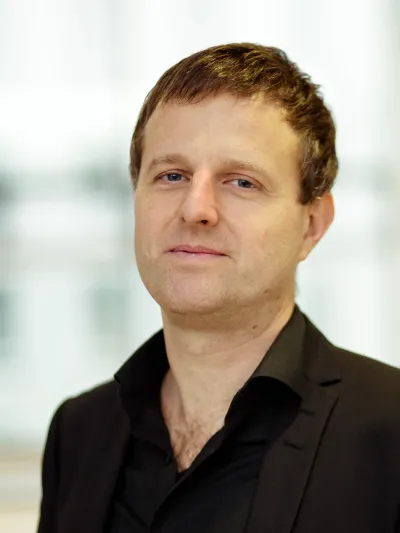laeneAS: The Rural Educational Environments of Young Refugees in Vocational Training
laeneAs identifies educational barriers and develops innovative educational offers for refugees in two rural real labs in Bavaria and Brandenburg.

Catholic University of Ingolstadt-Eichstätt
LaeneAs aims at both identifying educational barriers that prevent equal participation and developing sustainable and innovative solutions to support young migrants and refugees in vocational education and training (VET). Instead of urban contexts, where migration has been a topic for a long time, laeneAs focuses on the educational participation of young refugees in four rural counties in Southern and Eastern Germany where education and integration policies and practices are negotiated on a local level within institutions and among individuals.
Long-term and sustainable solutions for educational inclusion must yet be found and developed, especially for rural areas as a neglected topic in educational science. Therefore, laeneAs combines research and practical development in real-world laboratories where relevant stakeholders in educational practices at the county level are brought together. We aim to create space for a co-constructive knowledge production between science and policymakers, educational practitioners, and refugee youth. A peer research group for young refugees is initiated to empower them so that they can interact with the professionals in real-world labs on more equal terms. In this way, best-practice models can be developed aimed at the successful participation of refugee youth in the rural German VET system.
The research focus is on the following three levels:
- The identification of socio-structural, socio-spatial, and individual barriers to education, including gender- and diversity-conscious perspectives for social participation in different rural regions.
- The research-based development of best practice models for the breakdown of structural barriers and for the support of successful educational biographies through the networking of educational actors in innovative educational offers.
- The inclusion of young people's perspectives to explore their subjective perceptions and experiences of educational environments and to involve them in participatory project development.
A mixed-methods approach is applied. The focus will be on the various gatherings of the actors in the real-world labs, which will take place in the form of so-called “future workshops” and group discussions. This will be accompanied by interviews with experts. In addition, a participatory peer research group will be established to include the subjective perspective of refugee trainees in identifying educational barriers and in developing best practice models.
The laeneAs project works in cooperation with the Catholic University of Eichstätt-Ingolstadt and organizes real-world labs in two rural districts in Bavaria as well as in Brandenburg. For both federal states, one district is located near an urban center. In Brandenburg this is the district of Märkisch-Oderland and in Bavaria the district of Eichstätt. The second district is geographically peripheral; in Brandenburg this is the district of Ostprignitz-Ruppin and in Bavaria the district of Schwandorf. With Brandenburg as an Eastern German federal state and Bavaria as a southern German federal state, very different historical, societal, and educational policy framework conditions are included for both cases.

Project Management
Project Participants
Research assistant
Project Team
- Prof.in Dr. Annette Korntheuer
- Judith Bucher
- Christina Brandl
- Séraphime Reznikoff
